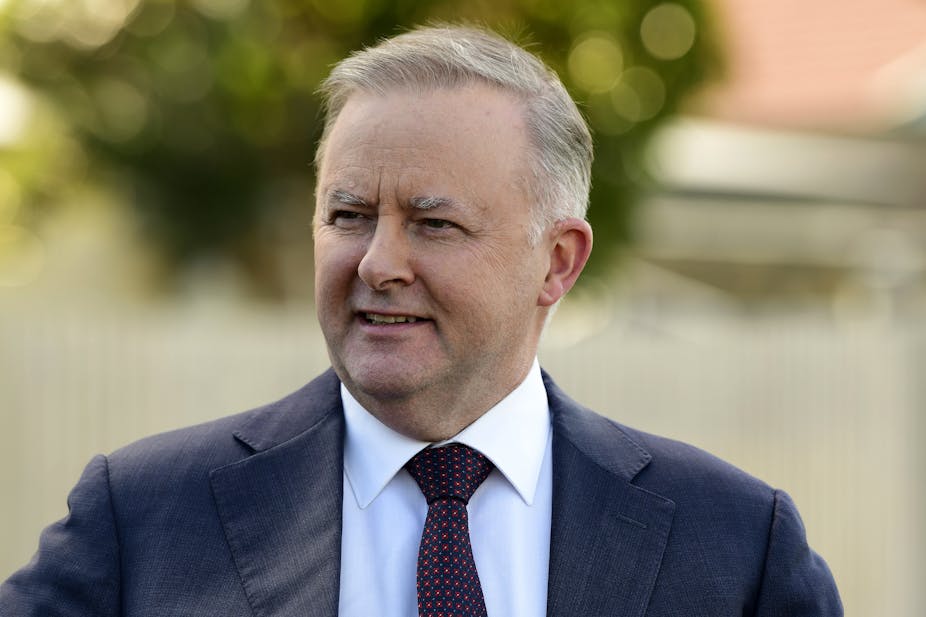Anthony Albanese will be Labor’s new leader, unopposed, with Jim Chalmers announcing on Thursday morning that he would not run for the position, saying he couldn’t be sure of winning.
Chalmers said that many people had urged him to stand “on a platform of generational change”.
They included parliamentary colleagues, ALP branch members, activists, and people from the broader labour movement and from communities around Australia.
Read more: Wind in Albanese's sails as Chalmers weighs options
He had not made his decision lightly – “there were good reasons to run.
"But in the end I couldn’t be assured of winning, and if I did win, the extra responsibilities of leadership would make it much harder to do my bit at home while the youngest of our three little kids is only five months old.”
Chalmers repeated a point he has made all week: “I do want to play a substantial role in rebuilding, renewing and refreshing our party and its policies after Saturday’s stinging defeat.
"And as a Queenslander I want the best state in Australia to have a more prominent voice in the alternative government.”
Chalmers, 41, is in a strong position to run for deputy. Victorian right winger Richard Marles, 51, said on Thursday he would contest the deputy position. As defence spokesman he can argue he was not closely associated with the more controversial aspects of Labor’s election policy.
Fellow Victorian, Clare O'Neil, 38, also from the right, said on twitter she was going to talk to colleagues about the possibility of standing.
Read more: Why the 2019 election was more like 2004 than 1993 – and Labor has some reason to hope
The deputy position is decided by caucus.
Nominations for the leadership don’t close until Monday, but no one else is expected to nominate. The leadership (in the event of a contest) is decided by a combination of the rank and file and caucus.

